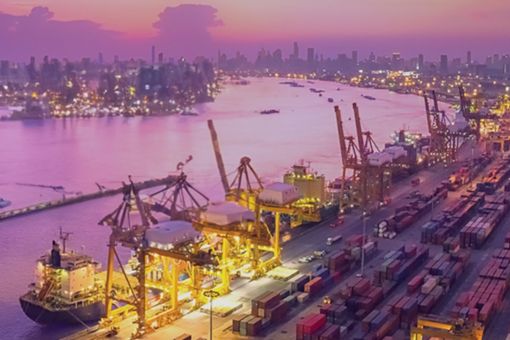Taxes are the primary source of income for governments around the world. In India, indirect taxes contribute a major portion to the revenue of both Central and state governments and the Economic Survey 2022-2023 justifies the aforementioned fact. The said survey states that Goods and Services Tax (hereinafter referred as ‘GST’) has stabilised as a vital revenue source for Central and state governments, with the gross GST collections increasing at 24.8 per cent year-on-year basis from April to December 2022 which is expected to increase further in coming years.
India being a federal country, has adopted a dual GST structure wherein multiple rates are being levied on goods and services to meet the interests of various states. Post introduction of GST on 01 July 2017, the Government issued various clarifications and amendments in the GST law, including introduction of applicability of e-invoicing, full matching of input tax credit, etc., which require constant monitoring of such changes by the businesses, which in turn calls for changes in their systems and processes. Businesses are expected to be aware of the GST implications that affect their dynamic business models and comply with statutory compliance requirements.
It is no secret that the focus of the Indian government today is to make India as the manufacturing destination of the world, in line with its “Make in India” and “AtmaNirbhar Bharat” agenda. To achieve this objective, Central government is increasing customs duties on various final products and simultaneously reducing customs duties on raw materials. In addition, Central government has also launched Production Linked Incentives (PLI) schemes for various sectors and is also entering into new free trade agreements (FTA) such as Comprehensive Economic Partnership Agreement (CEPA) between India and United Arab Emirates (UAE). Besides Central government initiatives, state governments also provide various incentives to businesses on setting up manufacturing facilities in their state.
The journey of introducing such initiates till date has been a commendable one and is thereby moving India closer to achieving its objectives.
Having discussed the overview above, it is beneficial for businesses to avail the benefit of various incentives given by Central government and state governments. In order to avail the benefits under the various schemes, businesses are not only required perform feasibility analysis but also would require doing the various compliances at the time of filing application for selection and disbursement of incentives.
We, at KPMG in India, have a team of experienced indirect tax professionals with wide-ranging experience and in-depth knowledge on the subject. We can help clients in all the above aspects wherein we offer a broad range of services including indirect tax planning, compliance assistance, indirect tax outsourcing, representation and litigation support, assistance in obtaining incentives under PLI schemes, various Central government schemes linked to investments in India and state incentive schemes, etc.
Apart from this, KPMG in India is also an approved GSP service provider.
The indirect tax services that we offer also include the following:
- GST/customs advisory and representation
- GST digital compliance assistance (ASP) – KPMG GST Compliance Pilot
- GSP services
- Technology enabled GST Diagnostic review - Tax Intelligence Solution (TIS)
- Indirect tax health check
- Assistance in investigations / tax dispute
- Retainership
- Customs and foreign trade policy assistance
- EPC structuring
- State incentives related assistance
- Production Linked Incentives related assistance
- Other greenfield/ brownfield expansion related incentives
- Private bonded warehouse and special warehousing licence services
- GST credit analysis











